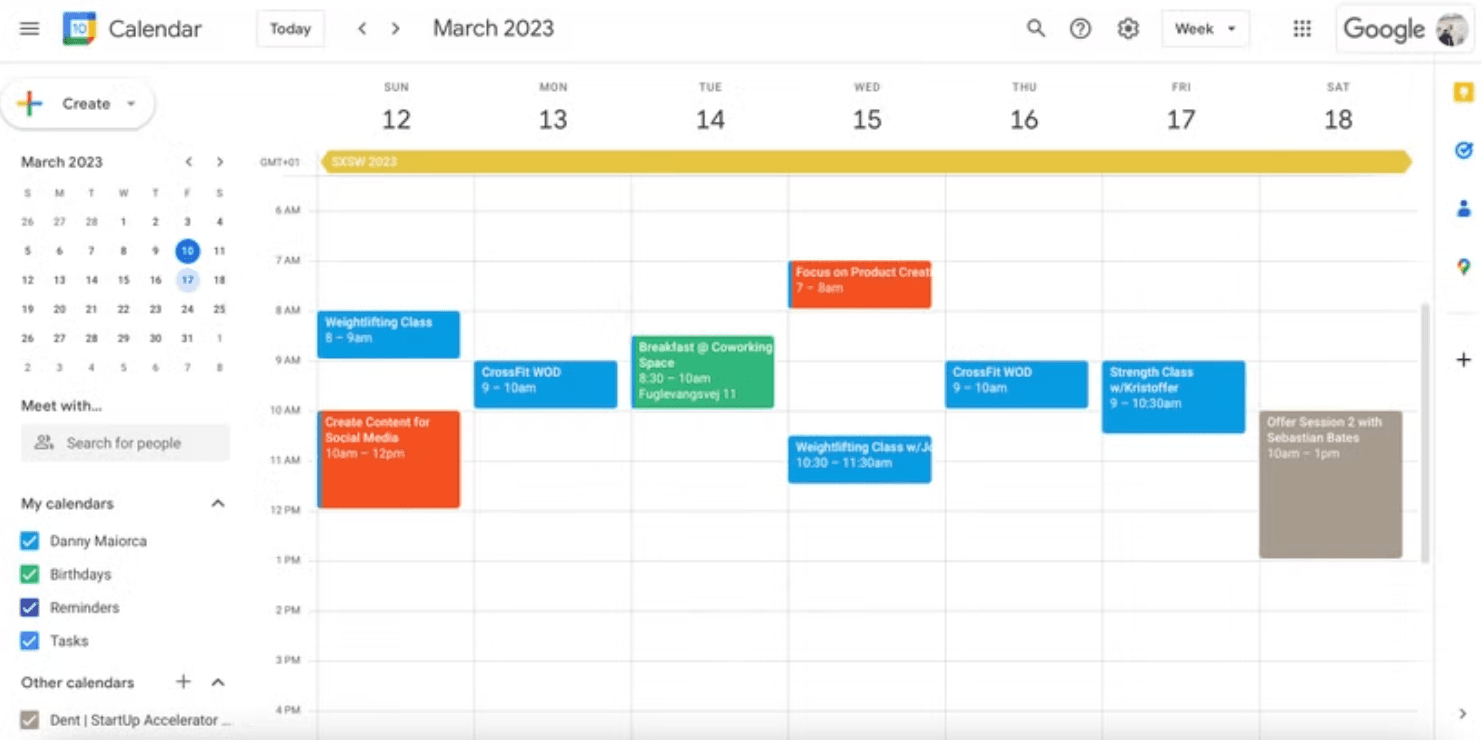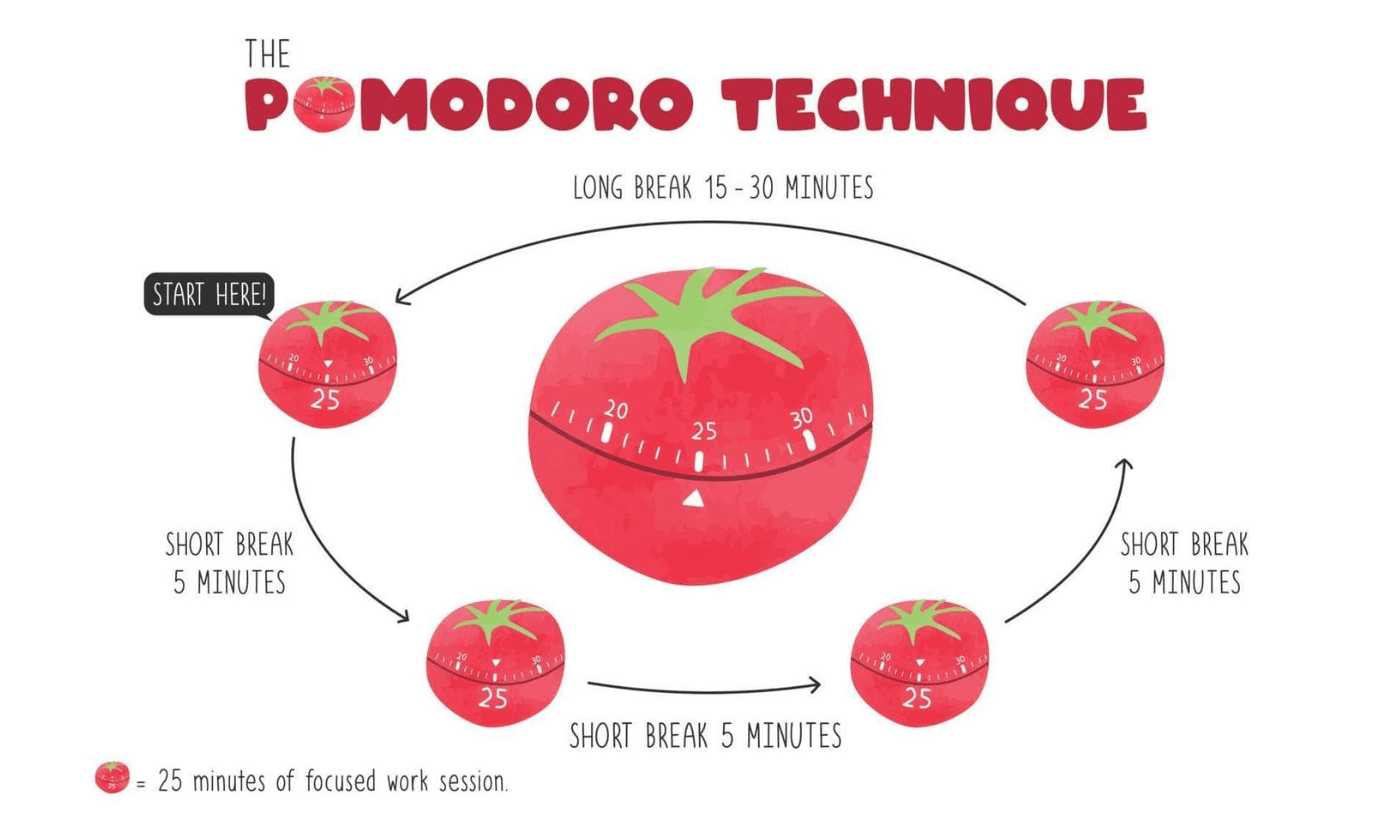- Published on
Balancing Academics and Extracurricular Activities: A Student’s Ultimate Guide
- Authors

- Name
- Nicolaus Hilleary
- @CollegeBot_AI
Finding a way to balance academics and extracurricular activities can feel like a juggling act! I know students, similar to myself, have multiple clubs they attend, sports, homework, class, and even part-time jobs. It begins to feel overwhelming. But here’s the thing…you can learn to balance all of these extracurriculars and still be an academic weapon. In this blog, I’m going to share my personal tips that got me through 4 years of college as an honors student while simultaneously having a job, running multiple clubs, playing sports, and even working on a startup. Through proper time management and my simple tips, this juggling act will become a smooth and manageable routine.
How Do You Find Balance?
Quick Brief
-Write It Down: Schedule your non-negotiable commitments and create time slots where you can add in extracurriculars
-College Planning: Purposely align semesters where you will be busier with extracurriculars or work, with easier classes
-Time Management Techniques: Use methods such as The Pomodoro Technique to get work done more effectively, which will give you more time to do the things you really love
Write It Down
Finding balance does not mean you have to be a monk that sat in silence for 10 years. There are ways as a student to be able to spread your energy among multiple classes and homework, still leaving energy and time for other extracurriculars. A great way to develop good time management starts with a calendar. WOW that sounds so simple, but trust me, it does wonders. I thought it would be a waste of time ironically, but after I started using one, I felt like I had too much time left over.

Personally, I love to use Google Calendar. There are other alternatives that people like to use such as Notion, but I love Google for how straightforward and simple it is to use. As a student you have to be able to Prioritize and Plan. You have to start by blocking out time for classes and non-negotiable events such as major exams. Then once you see this on your calendar, it is so much easier to visualize how much time you can delegate to other extracurricular activities and plan ahead. I like to plan as far ahead as I can if I already know the date of something. One of the biggest mistakes is forgetting to put important dates in. All it takes is a couple minutes a day to update it, if you even have to. The great thing about Google Calendar is that it also notifies you before that event is coming up, say you forgot.
College Planning
College Planning is not just for getting into college. It also applies to current college students looking to map out their 4 year journeys. This is something that has a bit more nuance to it, but once mastered, can save so much stress.
Almost every college gives students a 4 year roadmap for their desired major, with exactly what classes and when they need to be taken. Now throw that away! I’m kidding, but what they don’t tell you is that you do not have to follow it exactly. They are made to be a general guide, but if you understand what classes you will need to take, you can purposely align semesters where you will be busier with extracurriculars or work, with easier classes. And vice versa. I like to use CollegeBot.AI when I am trying to figure out what my schedule should be in the coming semesters. They have made it an all in one platform that can answer academic advising questions along with pull information from RateMyProfessors so that I don’t have to jump between multiple websites or go meet with an advisor.
Time Management Techniques
Another method to find a good balance between extracurriculars and academics are time management techniques. Now there are quite a few out there such as:
The one I am going to go over; however, is The Pomodoro Technique. This technique was designed for those who have a hard time getting over procrastination. Along with this it is a very simple method that you can use right now.

To start, you have to have a timer. I personally like to use a website called PomoFocus which I also linked in the name of the technique. You start by working for 25 minutes. I don’t mean watching TV in the background or glancing at your phone. I mean 25 minutes of straight, uninterrupted work. At the end of the 25 minutes you take a 5 minute break where you can do whatever you want. You repeat this cycle of 25 minutes on 5 minutes off, 3 times. After the 3rd time you get to take a 15 to 30 minute break. And you keep repeating this loop until you are done working for the day.
The reason it is important to address procrastination is because we typically feel overwhelmed since we are bad at getting things done in a timely manner. We feel like we have all these pressures pushing down on us, but really, the feeling comes from not wanting to do the work. With methods such as this one, you will see how much your schedule frees up. This is due to getting work done more effectively, which will give you more time to do the things you really love.
Now Take Action
Actionable Steps for Students
This week, or right now, find time to sit down and schedule your non-negotiable commitments and create time slots where you can add in extracurriculars (don’t forget to add in a few time slots with nothing, just in case your assignments or homework take longer than you think).
Make sure to regularly review your goals and update your schedule so you don’t overlap important events. Look as far ahead as you can and really try your best to plan for upcoming semesters with college planning techniques I mentioned.
Implement time management techniques so the pressures around you can disappear. Use methods such as The Pomodoro Technique, or any other ones that work best for you. This will be vital in opening up your schedule and being able to find time for school and fun.
Finding a balance between academics and extracurricular activities is a skill that takes commitment and practice. You should make it a goal to prioritize managing your time effectively. I don’t have all the answers of what will work for you, but with these tips and tricks i’ve mentioned, you will have a good foundation going forward on what to focus on and look more in depth on.
Best of luck with your academic journey,
Nicolaus Hilleary